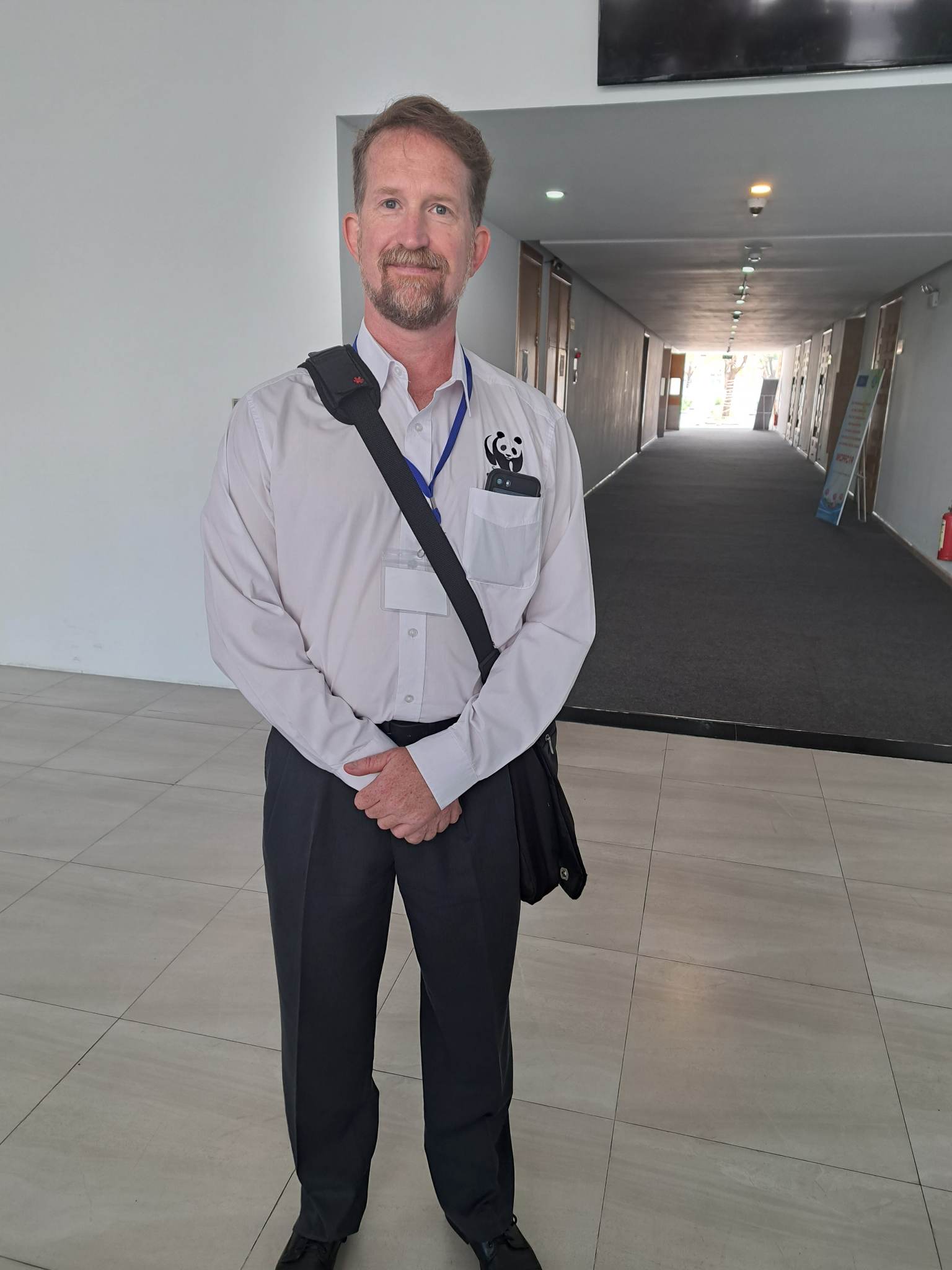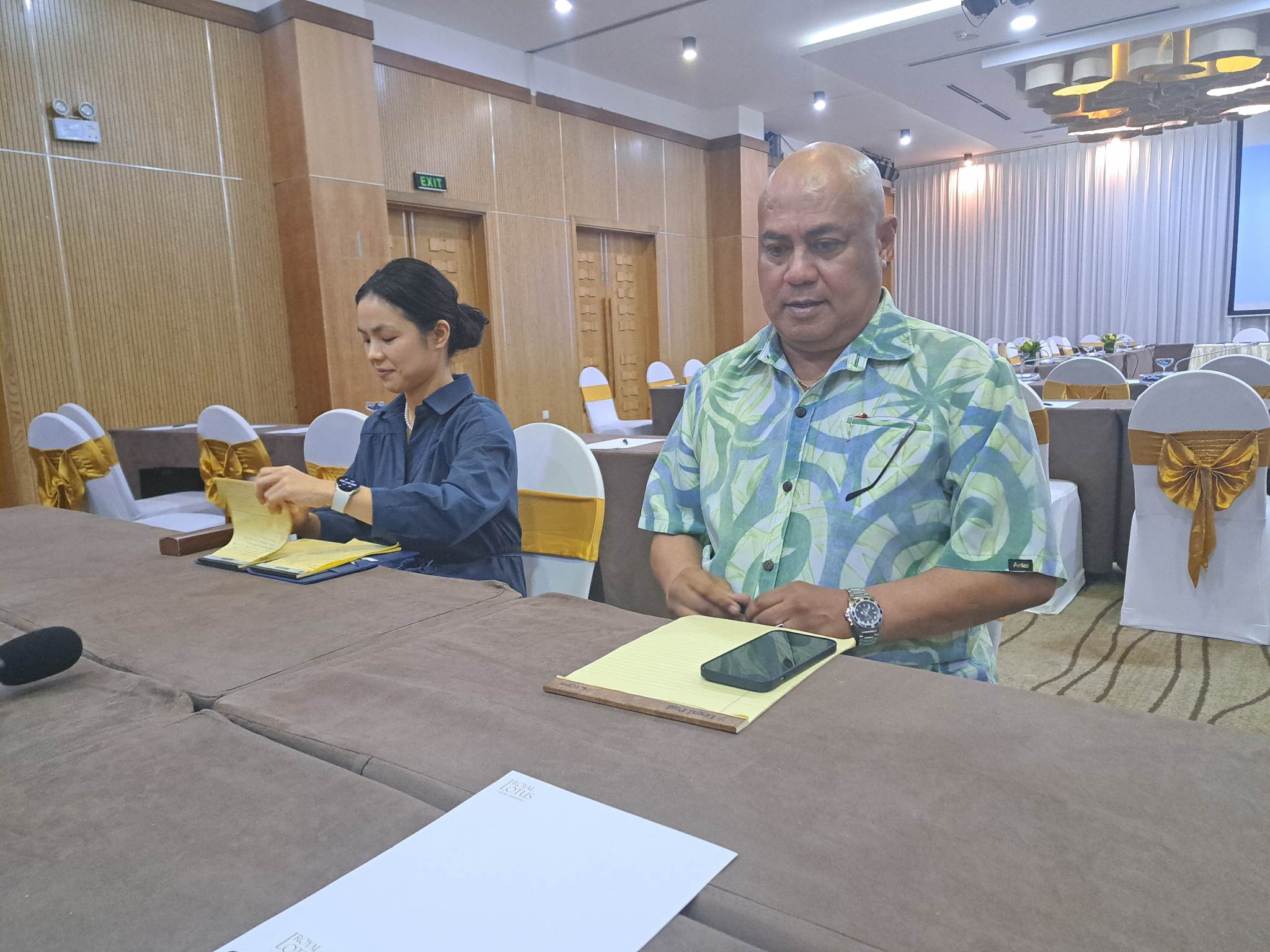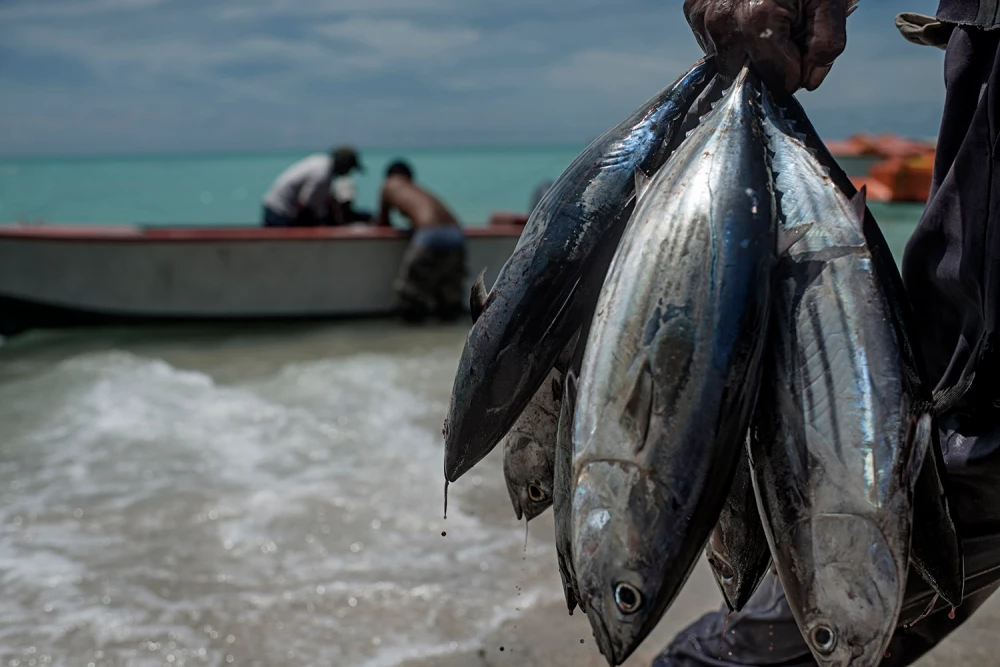By Pita Ligaiula in Da Nang, Vietnam
Non-Governmental Organisations (NGOs) observing at the Western and Central Pacific Fisheries Commission (WCPFC 19) meeting this week in Vietnam have raised concerns about the implementation of a new conservation and management measure (CMM) for the safety, security and well-being of fisher crews.
They also called for key safeguards and enhancements of the proposed regulation across the 26 WCPFC Member states.
The CMM development work has been ongoing since 2018 but it remains on the Commission’s agenda at this year’s WCPFC19.
The success of the CMM is important across the global fishing sector, especially for those fishers and their families who become victims or are affected by human and labour rights abuses at sea.
Bubba Cook, WWF Western Central Pacific Tuna Programme Manager said a binding measure addressing crew welfare is overdue.
“The crew welfare is currently before the committee and the intersessional working group has been considering the framework of the crew welfare measure moving forward. There was a resolution that was adopted back in 2019 that resolution is effectively a promise but its not binding.
“So, what we want is the binding measures that says this are the specific things that you must do to protect the welfare of crew serving on board these vessels because if we cannot protect the crew on board this vessel how can we honestly look at our self in the mirror and expect to protect the conservation of the resource.
“So, we think addressing the crew welfare on board the vessel is an important feature and also getting information and understanding of what’s happening at sea – a level of transparency that allows us to better address the conservation aspect as well.
“We can’t really expect a crew member to treat the resource with respect to release sharks unharmed if they are being abused on board the vessel, so we need to address those issue as well,” Cook said.

Cook said the effective protection of their human and labour rights of the crew members must be of high priority for the Commission.
“Initially when it is first proposed that was an issue that came up and actually, we submitted a legal policy analysis that indicated that not only does the WCPFC have the authority to take the issue up they have the obligation to take it up. It extends from the fact we already address human rights in the form of the Observer and security issue.
“Its nonsensical to address the human rights of one person serving on the vessels but not the others. Those objections I think we’re very subdued following that analysis and some additional discussion they said look we have an obligation …we don’t have fishery if we don’t have people on board those vessels, so it’s imperative to address the issue of crew on board those vessels,” said Cook.
Jinsuh Cho, Campaigner at Advocates for Public Interest Law, said: “The WCPFC’s mandate to responsible fisheries extends to those who work on the fishing vessels. There are no fisheries without the fishing crew, and the WCPFC can and should create effective protection measures for those who are the most vulnerable at sea.”
International Pole and Line Foundation’s Social Responsibility Director, Zacari Edwards, said: “The WCPFC has a unique opportunity to lead other Regional Fisheries Management Organisation (RFMOs) by example by ensuring this CMM provides additional protection for the most vulnerable in the sector and guarantees adequate safeguards are put in place that protects the human rights of fishers.”
David Hammond, CEO Human Rights at Sea, said: “It is the responsibility of the accredited observer NGOs to ensure they work closely with and objectively advise on this state-led initiative ensuring that civil society representations are rightly considered for the betterment of fisher’s safety, security and welfare at sea. These recommendations need to be taken seriously and their implementation not side-lined.”
The WCPFC plays a key role in setting standards for global fisheries.
As the manager of the world’s largest tuna fishery, the WCPFC covers roughly 20 percent of the earth’s surface where 55 percent of the world’s tuna is caught.

WCPFC chair, Korean Jungre Riley Kim said; “A small working group is being held and they are discussing labour standard issues and there have been working group intersessionally in a virtual manner. And this is the first opportunity for them to discuss the matter in person so I hope some progress can be made and WCPFC is leading on this front and labour’s issues can no longer be separate from fisheries issues because they are about the people and the environment, so I hope some progress can be made and set an example for other fisheries organisations as well,” she said.
WCPFC executive director, Feleti Teo said “at the moment we have resolution on crew standards and the resolution in terms of the language of the commission is not legally binding it sort of aspirational statement by the commission.
“What the Working group that is meeting right now is trying to do is convert that into a stronger legally binding decision of the Commission which will be in terms of a conservation and management measure on labour standard. As the Chair commented earlier the WCPFC will be the first one to do that, said Teo.
SOURCE: PACNEWS














